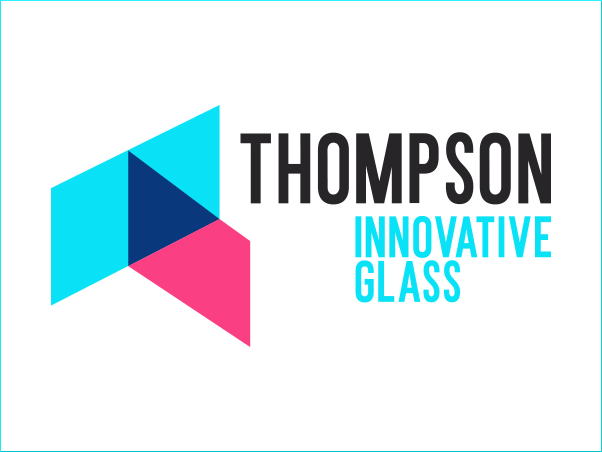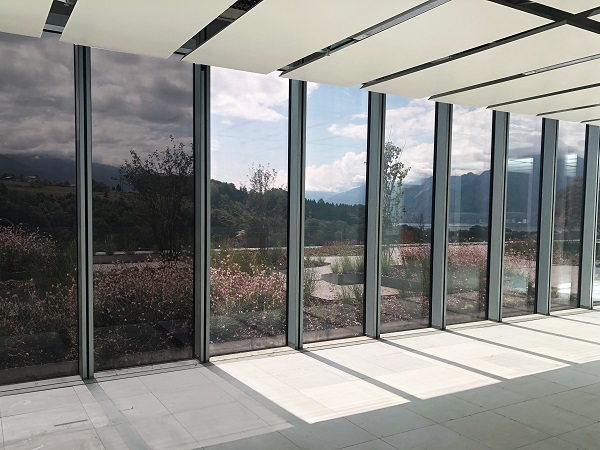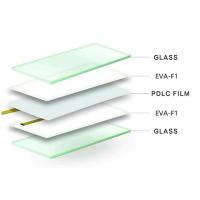Date: 19 January 2006
Jonathan Sanders, 37, who worked at a Corning glassmaking plant in Harrodsburg, Ky., could get five years in prison at sentencing on April 18. He pleaded guilty to a felony charge of conspiring to commit trade secret theft, which carries a maximum penalty of nine years in prison.
Sanders admitted selling stolen blueprints about Corning's liquid-crystal-display glassmaking process and selling them for $34,000 to PicVue Electronics Ltd. He met with officials of the private Taiwanese company in California and Kentucky in July and December 2000, Assistant U.S. Attorney Tiffany Lee said.
The materials, which were returned to Corning after it sued PicVue, were valued at more than $100 million, Lee told U.S. District Judge Charles Siragusa. PicVue intended to use the technology to manufacture thin-filter-transistor LCD glass and compete with Corning, she said.
The specialty glass accounts for more than one-third of Corning's annual revenue, which totaled $3.8 billion in 2004. Corning commands more than 50 percent of the worldwide LCD glass market and its display technologies division hit a record $489 million in third-quarter sales.
Sanders, of Lawrenceburg, Ky., said he found the documents at the Harrodsburg plant in 1999 in a hopper containing confidential material that was to be destroyed. He brought the documents with him to a job interview with PicVue officials, thinking it might help him get hired, he told the court.
Sanders said he didn't initially intend to sell the blueprints but changed his mind. He described the subsequent sale as "a serious lapse of judgment."
On Oct. 20, the day after FBI agents arrested Sanders, Corning and PicVue revealed that they had settled a Corning lawsuit stemming from the sale. PicVue agreed not to use the information and to compensate Corning for any past wrongdoing.
Court records allege that a PicVue consultant, Yeong Lin, told the company that Sanders was offering drawings he had obtained from Corning, and PicVue authorized payments via wire transfers. Yeong, facing the same charge as Sanders, is scheduled to appear before Siragusa next month.
PicVue engineers took digital photographs of the Corning blueprints, which described a proprietary glassmaking process called "fusion draw," and downloaded the pictures to a disk that was taken to Taiwan, the records showed. The original blueprints were then destroyed.
Corning learned about the theft when PicVue representatives visited Saint-Gobain glass in Niagara Falls, N.Y., in 2001 to buy a part used in the fusion draw process. During that visit, the representatives showed drawings that the French glass company recognized as containing Corning's trade secrets.
Corning, contacted by Saint-Gobain, notified the FBI, which began an investigation in October 2001.
Based in western New York, Corning makes LCD glass in Harrodsburg, South Korea, Japan and Taiwan, where it is spending nearly $1.5 billion to expand its manufacturing plant in Taichung.
Two sheets of chemically stable LCD glass, separated by a thin layer of liquid crystals, make for slender, high-resolution displays found in a growing assortment of products, from TVs, computers, watches, gas pumps and Palm Pilots to video cameras, medical imaging devices and aircraft navigation panels.










Add new comment